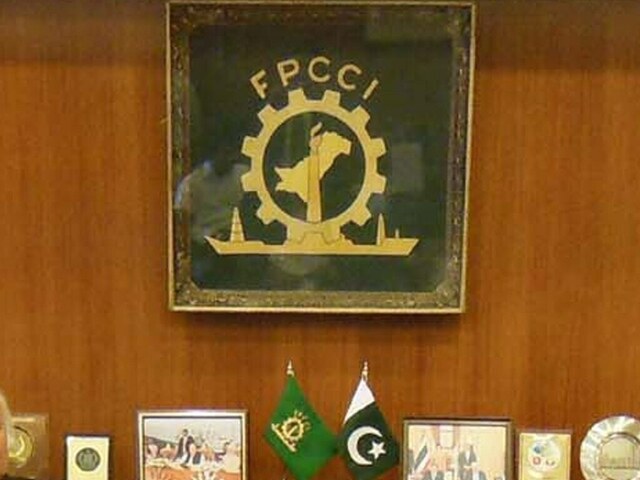KARACHI: The Federation of Pakistan Chambers of Commerce & Industry (FPCCI) commended the practical measures discussed during the recent meeting of the committee established by the Special Investment Facilitation Council (SIFC) to address key challenges in business facilitation and Federal Board of Revenue (FBR) issues.
The session, convened under the auspices of SIFC, marked a significant step toward streamlining taxation for Pakistan’s business community and fostering an investor-friendly environment.
Saquib Fayyaz Magoon, Acting President of FPCCI, led the private sector delegation, representing the collective voice of chambers of commerce and industry from across Pakistan, including Karachi, Lahore, Faisalabad, Quetta, Sarhad, Rawalpindi, Multan, Sialkot, Gujranwala, Gujrat, and Haripur.
On the government side, Minister of State for Finance, Bilal Azhar Kayani, chaired the proceedings, with participation from senior representatives of SIFC, FBR, and key ministries including Commerce, Industries, Petroleum, and Power.
The interactive session built on ongoing engagements between the government and business leaders, focusing on practical solutions to ease of doing business hurdles. Participants highlighted the SIFC’s pivotal role in driving policy reforms and building investor confidence amid economic recovery efforts.
Magoon said, “We appreciate the government’s commitment to collaborative dialogue, as evidenced by this meeting. Under Kayani’s leadership, we have seen tangible progress in addressing longstanding FBR-related concerns, such as phased implementation of e-invoicing, clarifications on input tax adjustments under Sections 8B and 40B of the Sales Tax Act, and streamlined processes for sales tax and income tax compliance. These developments align with FPCCI’s advocacy for a consultative approach that prioritizes business growth over punitive measures.”
Acting President of FPCCI, emphasized the need to control the abuse of Export Facilitation Scheme (EFS); downward rationalization of the electricity tariff for the industry as promised by the government and reducing human interaction in Inland Revenue (IR) in FBR, on the lines of faceless system in customs, in order to minimize maladministration and addressing grievances of the business community.
The meeting acknowledged recent advancements, including the reversal of several harsh budgetary provisions from the Finance Bill 2025-26, such as restrictions under Section 37A of the Sales Tax Act and Section 21(s) of the Income Tax Act.
Business leaders expressed relief over FBR’s assurances against unilateral changes to tax policies without stakeholder input, emphasizing the need for continued phased rollouts to accommodate ground realities faced by micro, small, and medium enterprises (MSMEs).
Kayani reiterated the government’s resolve to swiftly resolve bottlenecks, ordering immediate actions to enhance operational efficiency and reduce compliance burdens. He underscored SIFC’s mandate to act as a single-window facilitator, aligning with the Prime Minister’s vision for $100 billion in exports and sustainable economic revival.
Zaki Aijaz, VP FPCCI, maintained that FPCCI remains optimistic that these initiatives will catalyze foreign direct investment (FDI) in priority sectors like agriculture, minerals, IT, energy, and defense. The federation calls for sustained momentum, including further consultations on customs digitalization, tariff rationalization, and energy cost reductions, to fully harness Pakistan’s export potential.
Copyright Business Recorder, 2025


